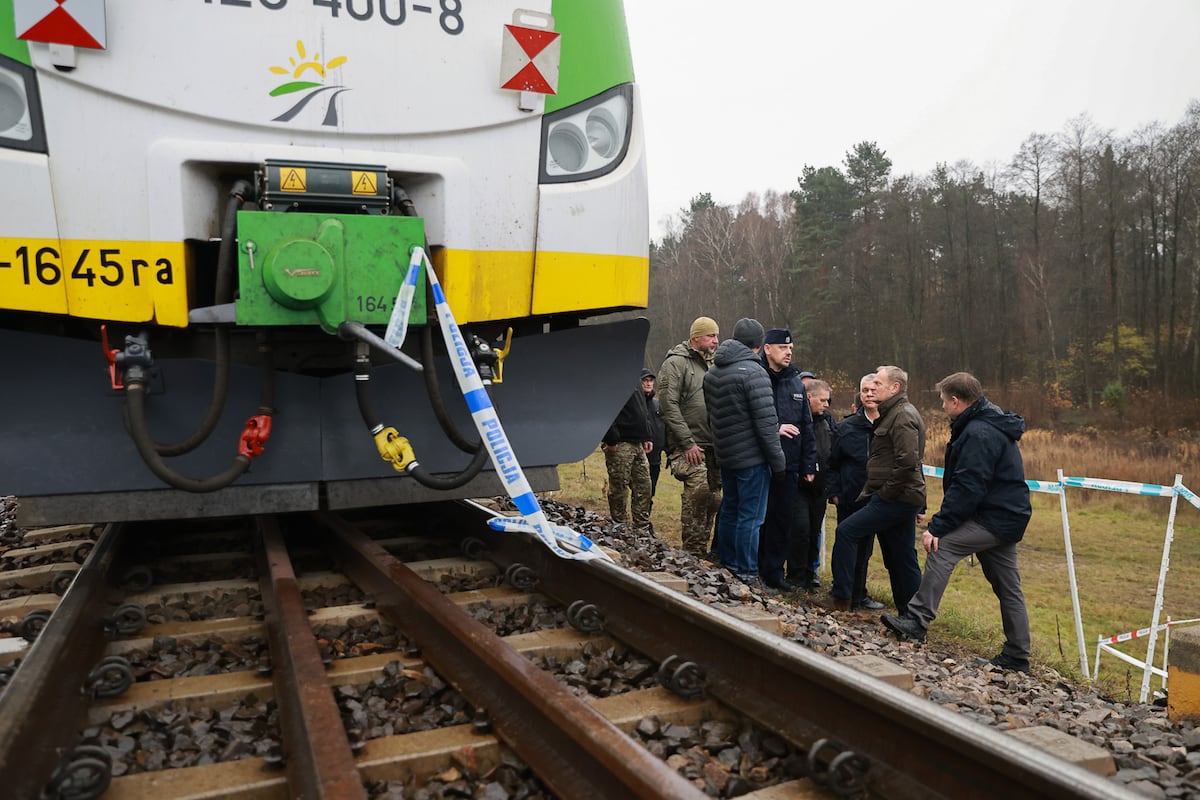Taiwan Enhances Military Preparedness Amid Rising Tensions with China
Overview of Upcoming Military Drills
Taiwan is set to commence its annual military exercises on Wednesday, featuring advanced U.S. high-tech rocket systems in a bid to bolster its defenses against potential aggression from China. The drills, running from July 9 to July 18, are named “Han Kuang” and represent the largest assembly of reservists to date, with approximately 22,000 participants set to engage in simulation scenarios.
Intensified Military Mobilization
The exercises will not only showcase Taiwan’s military capabilities but also serve as a strategic message to both domestic and international audiences. This year’s drills have been extended to a duration of ten days and nights, more than doubling the time spent compared to previous years.
- Reservist Participation: Approximately 22,000 reservists are participating, undergoing a comprehensive 14-day training program, including ten days specifically dedicated to the exercises.
- Simulated Scenarios: Troops will practice a range of tactics such as “grey zone harassment” — actions that do not constitute direct conflict — and “long-range precision strikes,” preparing for potential scenarios involving a Chinese invasion.
Rising Threat Landscape
Taiwan’s defense posture is increasingly shaped by the persistent threat of invasion from China, which regards the island as a fundamental part of its territory. Recent years have seen a significant uptick in military pressure from Beijing, characterized by regular deployments of fighter jets and naval forces around Taiwan.
Current Defense Strategies
In response to these challenges, the Taiwanese government has augmented its defense expenditures and focused on acquiring agile weaponry, including drones and advanced missile systems. The straightening of military capabilities is aimed at ensuring readiness in asymmetric warfare scenarios, enabling Taiwan to leverage its advantages over a numerically superior adversary.
- Key Equipment: Recent procurements include High Mobility Artillery Rocket Systems (HIMARS) from the United States, highlighting the strategic partnership between Washington and Taipei.
- Live Fire Exercises: A dedicated live-fire event will utilize M1A2 Abrams tanks, enhancing the ground forces’ preparedness.
Diplomatic Significance
The ongoing military drills carry significant implications for Taiwan’s geopolitical strategy. Taiwan’s Defense Minister, Wellington Koo, emphasized the importance of these exercises in demonstrating the island’s resolve to maintain its democratic way of life. The drills serve as both a deterrent to Chinese ambitions and a signal to the international community that Taiwan is serious about defending its sovereignty.
Implications for U.S.-Taiwan Relations
The U.S. remains Taiwan’s key arms supplier and ally. Heightened military engagement will likely influence American support strategies, reaffirming commitments made in various defense agreements.
- International Response: The drills represent a pivotal moment for Taiwan to showcase its military readiness and reaffirm its commitment to self-defense. This serves not just to reassure its citizens but also to convey unambiguous messages to Beijing.
Potential Chinese Reactions
China has demonstrated its willingness to conduct large-scale military exercises around Taiwan, particularly following significant political developments on the island, such as the recent speeches by President Lai Ching-te, a vigorous advocate for Taiwan’s autonomy. Analysts from the Eurasia Group have predicted that tensions could escalate, potentially leading to Chinese military actions following Taiwan’s drills.
Key Takeaways
- Escalatory Risks: Observers note that provocative military exercises, particularly those involving live-fire operations, may represent the most escalatory strategies available to China in response to Taiwan’s assertive defense measures.
- Proactive Defense Posture: Taiwan’s military maneuvers are not just defensive; they signify a broader intent to exert agency in a rapidly evolving security landscape.
With the upcoming drills, Taiwan aims to consolidate its defensive capabilities while also reinforcing its position in a regional landscape fraught with geopolitical uncertainty. The outcomes of these exercises will likely resonate well beyond the island, influencing the calculus of stakeholders in the broader Indo-Pacific theater.





